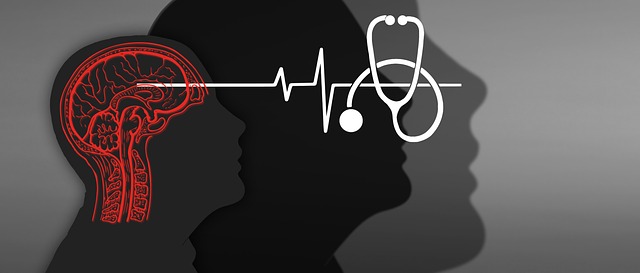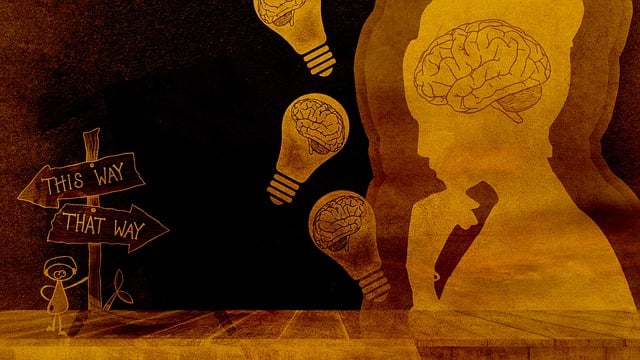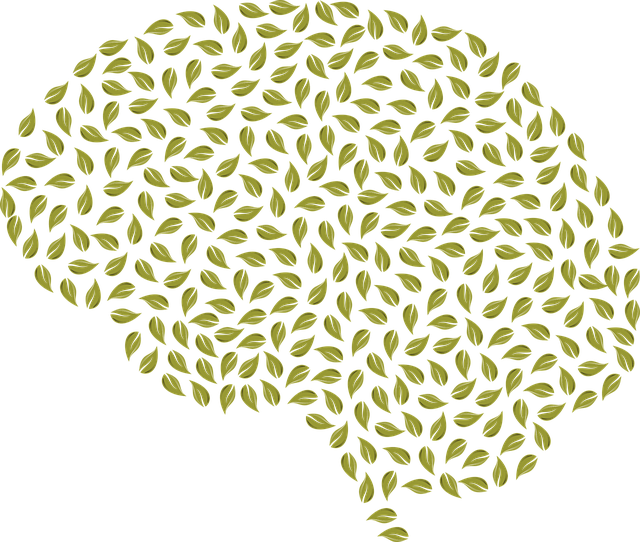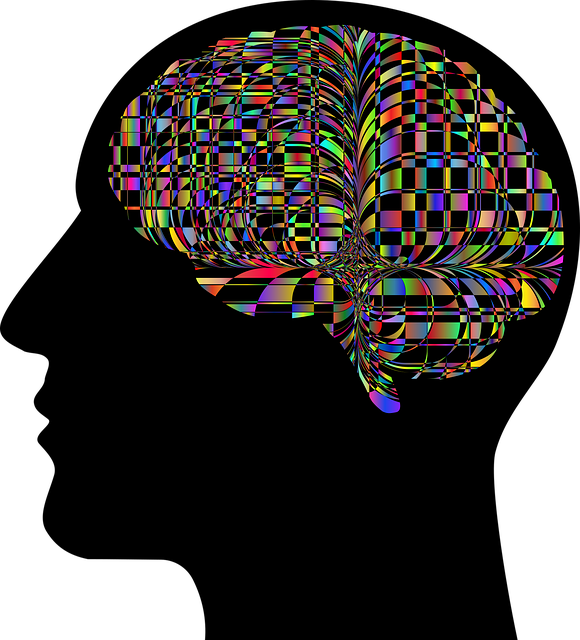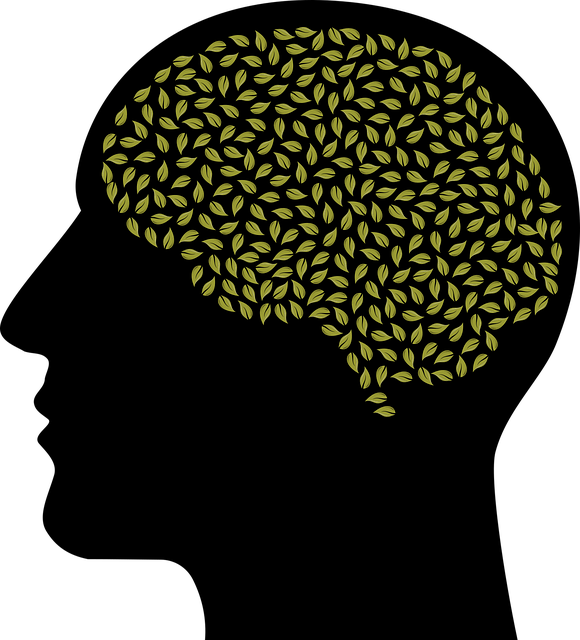Mood Regulation Disorders (MRDs), such as Bipolar Disorder and Major Depressive Disorder, significantly impact daily life with extreme emotional volatility. Early detection is crucial for management, involving therapy like Parker Adjustment Disorder Therapy (PADT), community support, and stress management techniques. Cognitive-Behavioral Therapy (CBT) effectively targets MRDs by addressing negative thought patterns. Alternative approaches, including mindfulness practices, further aid symptom management. PADT offers a holistic solution combining CBT, mindfulness, conflict resolution skills, and wellness coaching to manage life changes and mental illness stigma, empowering individuals to take control of their emotional well-being.
Mood regulation disorders impact millions, affecting daily life and overall well-being. This comprehensive guide explores various strategies for managing mood, from understanding underlying causes and symptoms of conditions like depression and anxiety to evidence-based therapeutic approaches. We delve into the power of Cognitive Behavioral Therapy (CBT) as a proven method for mood management. Additionally, discover alternative techniques such as mindfulness and meditation, offering natural ways to find balance. For a specific focus, our section on Parker Adjustment Disorder Therapy provides insights tailored to this unique challenge.
- Understanding Mood Regulation Disorders: Symptoms and Causes
- Cognitive-Behavioral Therapy (CBT) for Mood Management
- Alternative Approaches: Mindfulness, Meditation, and More
- Parker Adjustment Disorder Therapy: A Comprehensive Overview
Understanding Mood Regulation Disorders: Symptoms and Causes

Mood Regulation Disorders (MRDs) are characterized by persistent and severe emotional instability that significantly impacts daily functioning. These disorders, such as Bipolar Disorder and Major Depressive Disorder, manifest through a range of symptoms including extreme mood swings, prolonged periods of sadness or elevated mood, and a variety of cognitive and physical changes. The exact causes of MRDs are multifaceted, involving genetic predisposition, brain chemistry imbalances, hormonal fluctuations, traumatic life events, and environmental stressors.
Early recognition of MRDs is crucial for effective treatment, which often includes therapy such as Parker Adjustment Disorder Therapy, coupled with strategies like Community Outreach Program Implementation to foster support networks. Stress Management Workshops Organization can equip individuals with tools to mitigate triggers, while Conflict Resolution Techniques may help navigate interpersonal challenges that exacerbate mood dysregulation.
Cognitive-Behavioral Therapy (CBT) for Mood Management

Cognitive-Behavioral Therapy (CBT) is a powerful tool for managing mood disorders and has been particularly effective in treating conditions like Parker Adjustment Disorder. This form of therapy focuses on identifying and changing negative thought patterns and behaviors that contribute to emotional distress. By understanding the connection between thoughts, feelings, and actions, individuals can gain valuable insights into their mood regulation processes.
Through CBT, patients learn self-awareness exercises and develop strategies for positive thinking, enabling them to challenge distorted cognitions and replace them with more realistic and adaptive ones. This approach not only enhances emotional well-being but also equips individuals with long-lasting coping mechanisms. The structured nature of CBT allows mental health education programs to be tailored, making it a versatile tool for various mood management scenarios.
Alternative Approaches: Mindfulness, Meditation, and More

In addition to traditional talk therapy and medication, individuals seeking to regulate their moods can explore a variety of alternative approaches. Mindfulness practices, such as meditation and deep breathing exercises, have been shown effective in managing symptoms associated with mental illness, including anxiety and depression. These techniques encourage people to focus on the present moment, accepting thoughts and feelings without judgment, which can help mitigate emotional distress.
One innovative strategy gaining traction is the integration of mindfulness into therapy sessions, particularly for conditions like Parker Adjustment Disorder. By fostering a deeper understanding of one’s thoughts and emotions, these alternative methods complement traditional treatments, enhancing overall mental wellness. Furthermore, mental illness stigma reduction efforts have played a pivotal role in encouraging individuals to explore such holistic approaches, alongside the growing popularity of mental wellness coaching programs and healthcare provider cultural competency training, which promote inclusive care tailored to diverse patient needs.
Parker Adjustment Disorder Therapy: A Comprehensive Overview

Parker Adjustment Disorder Therapy (PADT) is a therapeutic approach designed to help individuals cope with and overcome adjustments related to significant life changes or transitions. This therapy recognizes that major shifts, whether positive or challenging, can trigger feelings of stress, anxiety, or depression, leading to what’s commonly known as an adjustment disorder. PADT focuses on providing clients with the tools and strategies they need to navigate these turbulent times effectively, ensuring better mental wellness.
The core of PADT involves a combination of cognitive-behavioral techniques, mindfulness practices, and conflict resolution skills. Mental wellness coaching programs are often integrated into this framework to support individuals in identifying and challenging negative thought patterns, fostering resilience, and developing coping mechanisms that promote emotional balance. Additionally, efforts to reduce the stigma surrounding mental illness play a significant role, creating an environment where clients feel understood and empowered to take charge of their mental health. Conflict resolution techniques are also integral, teaching individuals how to navigate interpersonal challenges associated with adjustment disorders, ultimately enhancing overall well-being.
In conclusion, mood regulation disorders can significantly impact daily life, but various effective strategies exist to manage symptoms. From understanding the underlying causes and recognizing symptoms to exploring evidence-based therapies like Cognitive-Behavioral Therapy (CBT) and alternative approaches like mindfulness and meditation, individuals have numerous resources at their disposal. Additionally, Parker Adjustment Disorder Therapy offers a comprehensive framework for those seeking tailored support. By combining these strategies, individuals can achieve better emotional balance and improved quality of life.
